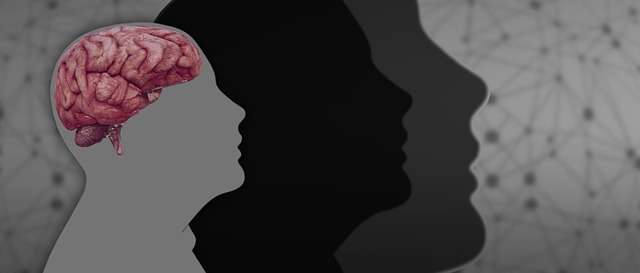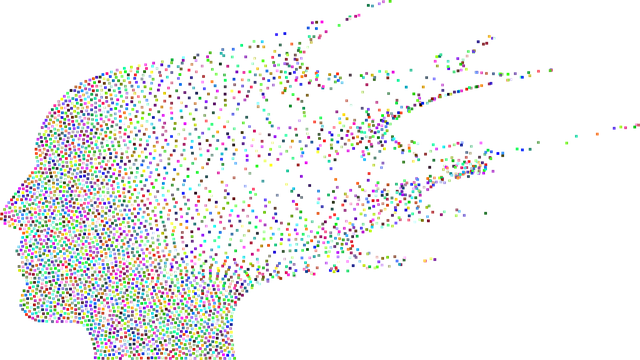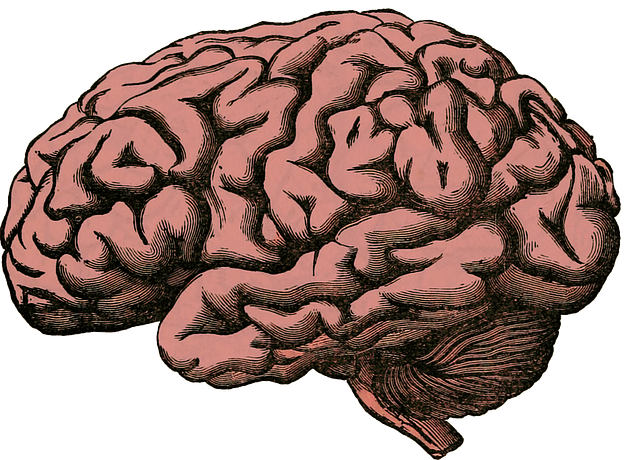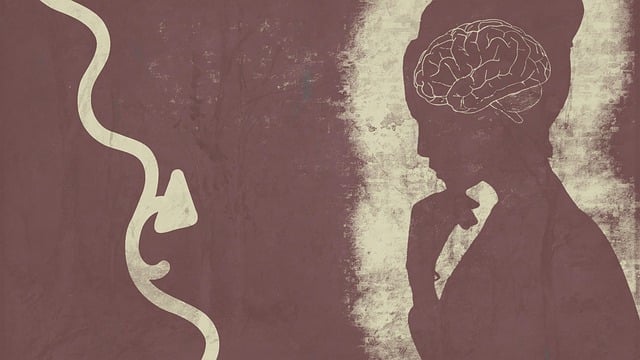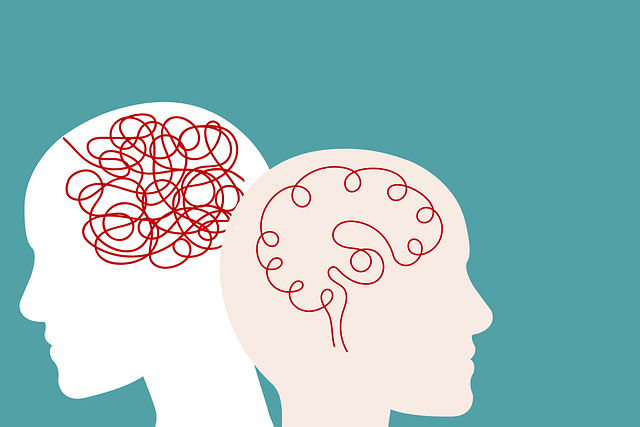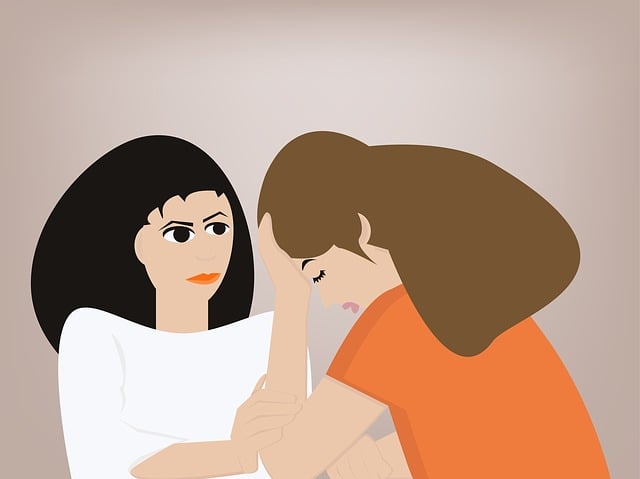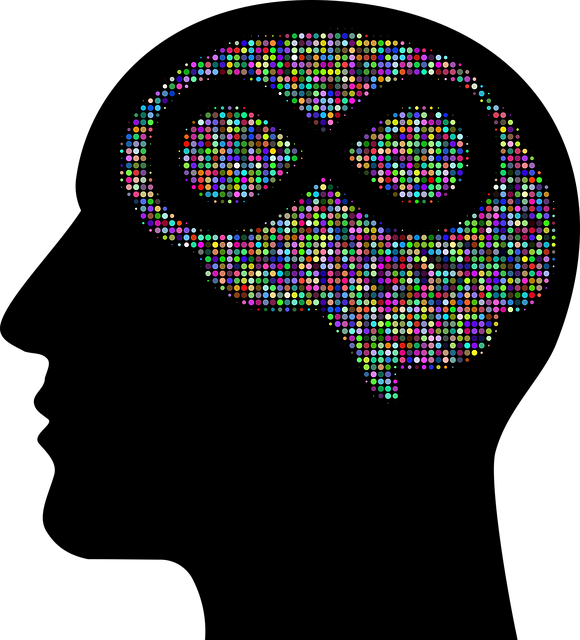Greenwood Village Dissociative Disorder Therapy offers a revolutionary Resilience-Focused Therapy (RFT) approach, targeting complex mental health conditions. Based on Resource, Flexibility, and Mastery principles, RFT equips individuals with tools to navigate challenges through internal strengths, external support, change acceptance, and skill development. This holistic method reduces stigma, promotes empathy, imparts tailored self-care strategies, and emphasizes individualization, enabling clients to lead more fulfilling lives by fostering resilience and emotional intelligence.
In today’s fast-paced world, building resilience is paramount for navigating life’s challenges. This article explores a powerful tool, RFM (Resource, Strengths, and Motivation), integral to enhancing resilience. We delve into the Greenwood Village Dissociative Disorder Therapy Approach, renowned for its effectiveness in fostering adaptability. Additionally, we provide practical tips on implementing resilience exercises. By understanding RFM and adopting evidence-based strategies, individuals can transform their responses to stress, trauma, or adversity, leading to improved mental well-being and overall life satisfaction.
- Understanding RFM and Its Role in Resilience Building
- The Greenwood Village Dissociative Disorder Therapy Approach
- Implementing Effective Resilience Exercises
Understanding RFM and Its Role in Resilience Building

Resilience is a crucial component of mental wellness, enabling individuals to navigate life’s challenges and setbacks with a sense of adaptability and strength. Recognizing this need, Resilience-Focused Therapy (RFT) has emerged as an effective approach in Greenwood Village Dissociative Disorder Therapy, among other mental health practices. RFT aims to empower clients by teaching them how to develop resilience, enhancing their ability to cope with traumatic experiences and fostering a sense of personal agency.
At the heart of RFT lies the concept of Resource, Flexibility, and Mastery (RFM), which serves as a framework for understanding and building resilience. The ‘Resource’ aspect identifies internal strengths and external support systems that individuals can leverage during difficult times. ‘Flexibility’ encourages clients to embrace change and adapt to new circumstances, while ‘Mastery’ focuses on developing skills to take control of one’s life. By integrating these principles, RFM becomes a powerful tool in mental illness stigma reduction efforts, offering empathy-building strategies and self-care practices tailored to individual needs, ultimately helping clients lead more fulfilling lives.
The Greenwood Village Dissociative Disorder Therapy Approach

The Greenwood Village Dissociative Disorder Therapy Approach is a unique and innovative method designed to address complex mental health conditions, particularly dissociative disorders. This therapy approach leverages a multifaceted strategy that integrates various techniques to enhance emotional intelligence and improve mood management in patients. By focusing on the intricate relationship between past traumatic experiences and current dissociation symptoms, therapists at Greenwood Village aim to help individuals regain control over their thoughts and emotions.
The program prioritizes individualization, ensuring tailored interventions based on each client’s unique needs. This personalized approach, coupled with a strong emphasis on mental health policy analysis and advocacy, empowers patients to navigate their recovery journeys effectively. Through group therapy sessions, clients learn valuable coping mechanisms and build resilience, fostering a supportive environment that promotes holistic healing and improved quality of life.
Implementing Effective Resilience Exercises

Implementing effective resilience exercises is a cornerstone of Greenwood Village dissociative disorder therapy, focusing on empowering individuals to navigate life’s challenges with greater ease. These exercises are designed to cultivate Mind Over Matter principles, enabling clients to transform their responses to stressful situations. Through structured activities and techniques, participants learn valuable coping skills development that strengthen their ability to manage difficult emotions and triggers.
Social skills training plays a pivotal role in this process, fostering connections and promoting healthy interactions. By engaging in these exercises, individuals not only build resilience but also enhance their overall well-being, preparing them to face life’s uncertainties head-on.
Resilience is a powerful tool for navigating life’s challenges, and the RFM model, as demonstrated by the Greenwood Village Dissociative Disorder Therapy Approach, offers a structured framework. By combining understanding, effective exercises, and consistent practice, individuals can build resilience to manage trauma and enhance overall well-being. Incorporating these strategies into therapeutic regimens can lead to significant improvements in mental health and quality of life.
